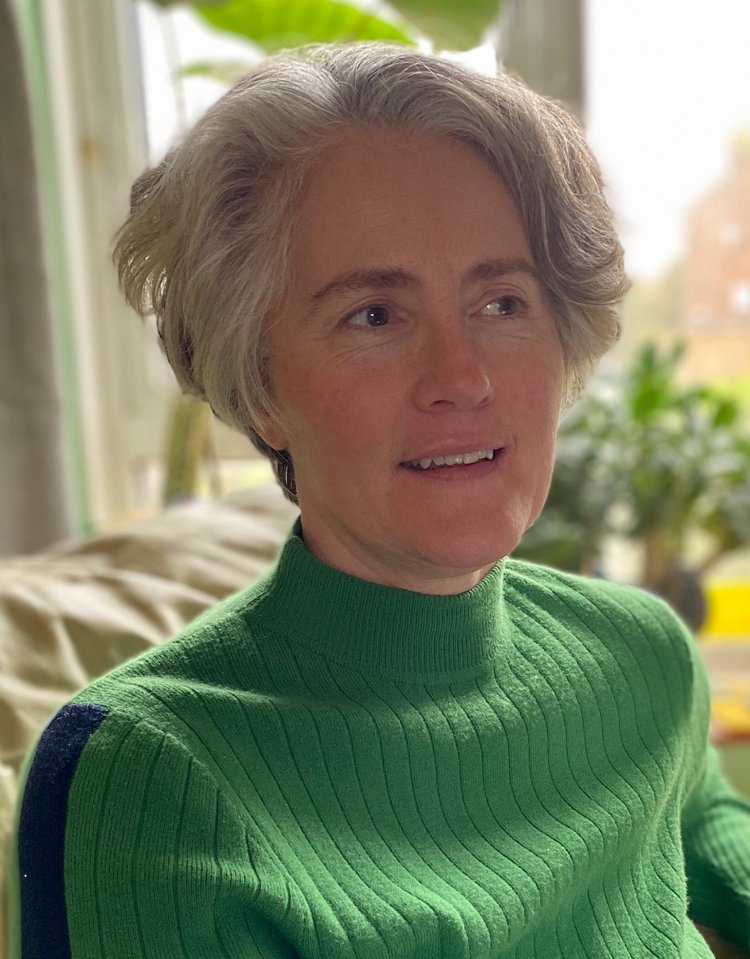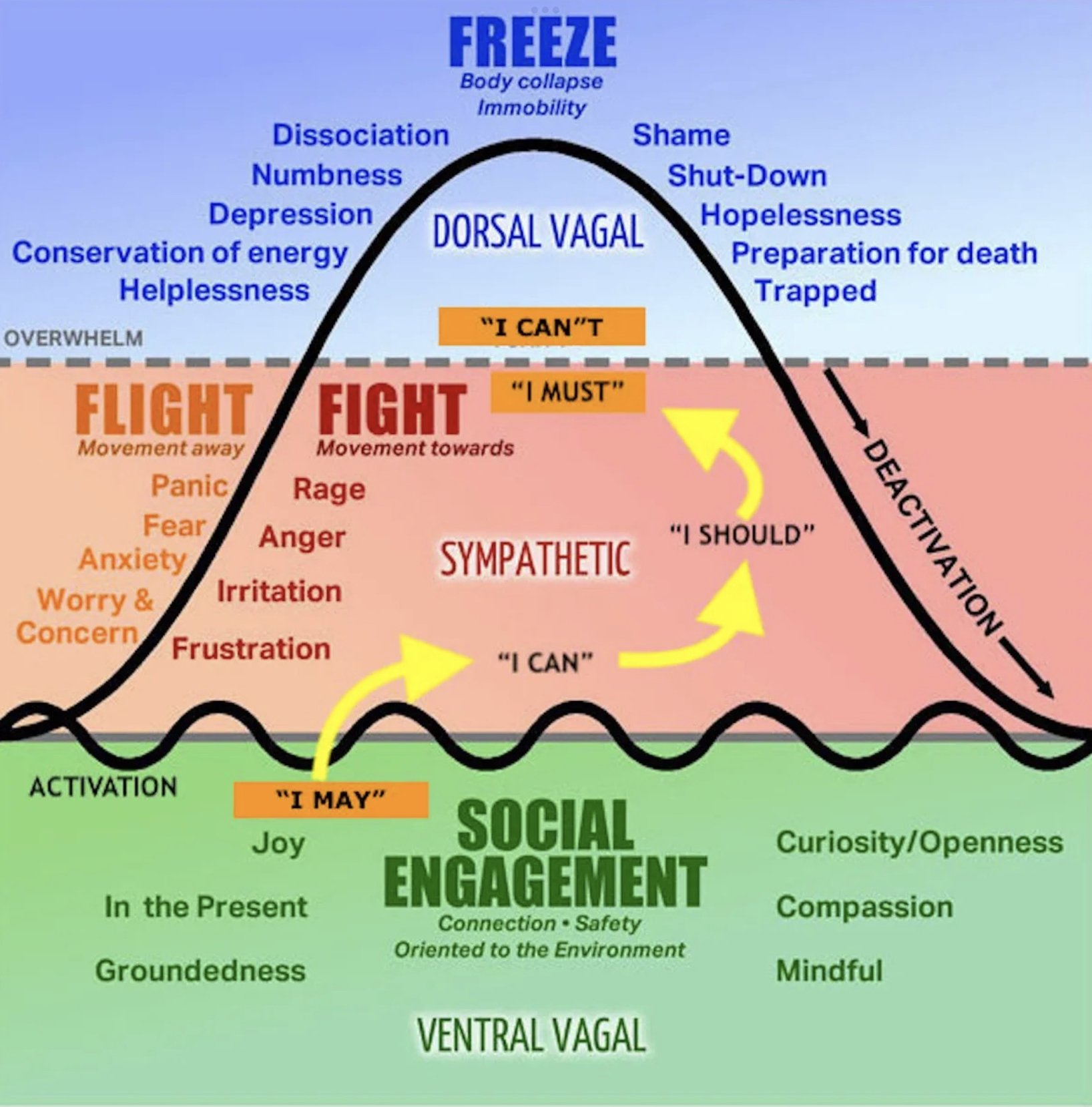Autism/Aspergers Supportive Counselling & Training - Previous client comments
‘’ I had the opportunity to work with Amber over the course of several sessions and found her conscientious, considerate, and professional throughout.
Amber's experience with people on the Autism Spectrum, together with her patient manner, put me at my ease whilst giving me the necessary space to work through concerns in my own time.
I would say to anyone on the Autism Spectrum who may be seeking a counsellor, my own experience with Amber has been extremely positive’’.‘I found Amber to be very kind, patient and insightful. When I started counselling I was all over the place and didn’t know what I needed, just that I was in a bit of a mess. I’d just been diagnosed with autism and was completely burnt out. I don’t know how she saw through the fog of all the things I was struggling with, but bit by bit we have identified and unpicked many areas of my life such that I feel so much lighter, more aware of who I am, what I need and how to ask for it. The primary win for me has been finally putting to bed some long standing trauma based family issues which has left me with so much more emotional capacity for my children, my husband and my life’.
‘I came to Amber to deal with trauma. I found a safe and compassionate space that validated me as an autistic person and allowed me to do so much more healing, growth and change than I'd thought possible’.
The majority of my work is with people diagnosed, undiagnosed or self identifying with autistic spectrum conditions (ASC) /Asperger’s. This includes those preparing to seek assessment, recently diagnosed or with mixed feelings about their diagnosis. Please note, I cannot assess or diagnose people with autism or neurodivergent conditions.
Many autistic people have encountered prejudice, alienation and isolation; often as a consequence of their individual sensory profile not being understood. They may have had poor experiences of educational, mental health or other services or felt pressure to conform to dominant social expectations; to an extent that is experienced as devaluing or traumatic.
It is therefore important that counselling sessions evolve at a pace and direction that feels comfortable and led by the person. I offer a standard review at session 4; to check on how counselling is going, discuss any adjustments and reflect on the value of the work so far.
I value and appreciate that for some autistic people there can be a close relationship and lifelong principle to speaking their personal authentic truth.
Clients usually come to counselling with a specific issue. This can include:
A place to talk prior to completing Autism assessment or similarly post diagnosis
Support to manage and reduce symptoms of anxiety or trauma
Relationship difficulties; either personal or professional; including with ‘differently autistic’ parents or children
The impact of masking on personality development- ‘I don’t know who I am’
Supportive conversations eg. to gain insight into the ‘neuro-typical’ world
Loss, bereavement and other life changes
Feeling isolated, disconnected or misunderstood
Low motivation
Ruminating thoughts or other difficulties maintaining a stable mood
Needing to talk something through to help process a particular issue
A safe space to discuss planning, decision making or problem solving
Historical abuse or trauma
Working with support, via Zoom, walking sessions or in the therapy room
I can work via Zoom and face to face; this can be particularly useful during the first few sessions. An example is one client who initially travelled down to Brighton, (with support), to meet me face to face for 3 consecutive weeks. The client wanted to first experience meeting me in person, to get a better sense of who I was and our ‘fit’ for working together. We then continued weekly sessions via Zoom.
Another client met me with his mother in the room as support, for the first 3 sessions.
Due to the nature of some Autistic people’s life experiences, maintaining work to pay for counselling can be an issue in itself. I recommend UK clients get support to apply for PIP (Personal Independence Payment) or alternatively seek wider support from family/supporters to help with the costs. I offer 2 ‘lower cost’ slots charged at £55. I will post on here if either is available.
What is counselling?
Counselling involves talking at an agreed time and place in person or online via Zoom, usually once a week although it may be more, depending on your needs. Sessions last for 50 minutes and you decide what issues you would like to talk about.
Confidentiality
I will not repeat to anyone else anything that you say during the sessions. However, there may be some specific situations where I have to talk to someone else and we can talk about the rules of confidentiality during an initial half hour meeting.
Our first meeting
I offer an initial half hour meeting, in person or via Zoom. This is not a counselling session but will give us the opportunity to meet, to see if talking together feels a good ‘fit’ and for you to ask any questions. I will ask about how counselling may be helpful at this time.
Towards the end of the meeting you can decide if you would like to book further sessions that last 50 minutes or you may prefer to take some time to think about the commitment before deciding.
I charge £15.00 for an initial half hour and £65 for 50 minute sessions thereafter.
See Session fees page. Please see my Client comments page which has more specific information of previous clients experience of working with me.
Walking Sessions, email and letter writing
If you prefer to work in nature or ‘outside’ the usual room based therapy environment, I am happy to discuss sixty or 75 minute walking sessions in the vicinity of my therapy room.
I am open to discuss working by email or therapeutic letter writing.
Whether in a room, by Zoom, letter or walking outside I aim to work alongside you and at your pace.
Support after counselling
Most people have a sense when they are ready to finish. I would usually recommend we work towards ending over at least 1-2 sessions and for some clients ending may take longer. This allows time to reflect on whats been helpful so far and/or make plans for the future. Clients may prefer to stagger their final sessions over alternating weeks.
Some clients request a monthly check in for a period of time or we may agree to make contact again on an ad-hoc basis.
As it is valuable to have had the experience of being known and understood, some people return to counselling again, as and when the need arises.
Artist: Grant Manier
Training
I offer training with a colleague, to counsellors, psychotherapists and mental health professionals on best practice for working therapeutically with autism and neurodivergence. Please make contact regarding this via my contacts page. Here is some feedback:
‘Your training today was fantastic and that it was very much appreciated by me. The content you provided was absolutely relevant and applicable to my work as a Cognitive Behavioural Therapist. Your experiences and insights from your client work have been so valuable to provide a real sense of the experiences and histories we need to consider. I am very grateful to you. I found the whole training given on both days including that which was provided by Karen on Wednesday so engaging and of such high quality. Your collective knowledge and experience has been very impactful’
‘I’ve found both days really helpful-aspects to look out for, alterations and adjustments to make within therapy, the personal experince of Karen and your experince working with clients is really helpful to have. Thank you very much’
‘I think just mostly having the confidence to ask the client how we can adapt things to them in regard to their learning, the therapy environment etc’
‘Found it really interesting listening to Karen talking yesterday about the ‘stereotypes’ and learning about all the differences you may see between individuals. Linked in well about what you have spoken about regarding adaptions and support for therapy, its different for everyone and just to be bow to ask them’
‘Really enjoyed both days and think I will take various things forward into my practice in the future, particularly the adaptions that can be made relatively easily to support autistic clients to get the most fro their therapy’
‘Very interesting couple of days. The visual examples (Breathing app ball for breathing, the spoons, elastic band) were really useful today. The double empathy problem from Wednesday was really helpful. Thank you both for sharing your experience’
‘There’s been lots of helpful information from both days! I think it was important to learn about crossover with food from Karen! The Access to Work company will be helpful within our short sessions as it allows us to offer more problem solving approaches with the patients to help with working adjustments’
‘I found learning about adaptions to therapy and understanding more about how people with autism experience the world has been helpful for me to be more confident to talk to them, as well as learning more about the Polyvagal cycle’
‘For me it’s been one of the best CPD trainings I’ve ever had, with a breadth of knowledge between both of you. I have found the link between the autism and trauma (specifically the window of tolerance and grounding), the double empathy theory and monotropism. There has been so many practical skills. I agree with Dr Ramini videos being so helpful. I have already used with a client with ASD and social anxiety’
‘I found both days really useful and interesting. Today I particularly found what to be aware of with clients with adjustments. Thank you very much’
‘I found it helpful to learn about the preferred language used as from my experince it has always been emphasis3d to put the person before the diagnosis. It is interesting to learn that most people prefer the term ‘autistic’ rather than ‘person with autism”
Further information
I am a parent of neurodiverse adult children and have a personal interest of how ASC presents differently in women and girls. I have relevant personal and professional experience of the strengths and difficulties associated with ASC/Asperger’s and am available to offer counselling sessions to individuals, parents, siblings and family members from 16+.
As well as counselling, I have 14 years experience offering family support and mediation to families with complex support needs. This included supporting parents to prepare for pre diagnosis GP appointments and paediatric assessments, DLA and PIP applications and communicating with schools on making reasonable adjustments for autistic children and young people.
This has given me valuable insights; including into parent/child relationships, how systems contribute to anxiety and into the origins of early childhood educational wounding and trauma.
My work with families included delivering positive parenting guidance and group work appropriate for ‘typical’, ASC and Pathological Demand Avoidance (PDA) children and young people and co-facilitating social skills groups for 8-12 year olds and 13-19 year olds with ASC/Asperger’s.
I come from a strengths based position with regards to ASC/Asperger’s. From observations and experience, I notice client’s difficulties are often in response to systems and environments, since childhood, that provoke anxiety. These and other experiences can contribute to poor mental health.
Counselling offers an environment for calm personal reflection and connection to self and another; this can include learning new skills to manage symptoms that can be practiced outside of the session.
I have no agenda to ‘fix’ people or seek to ‘resolve’ autism.




